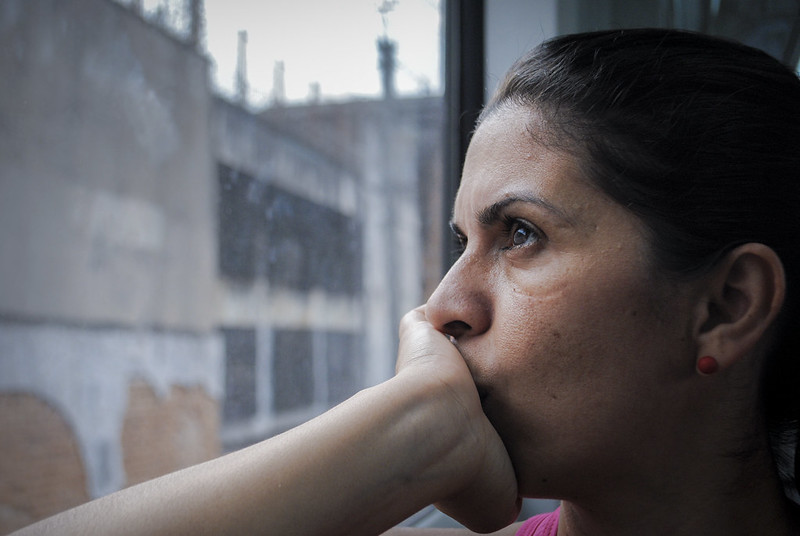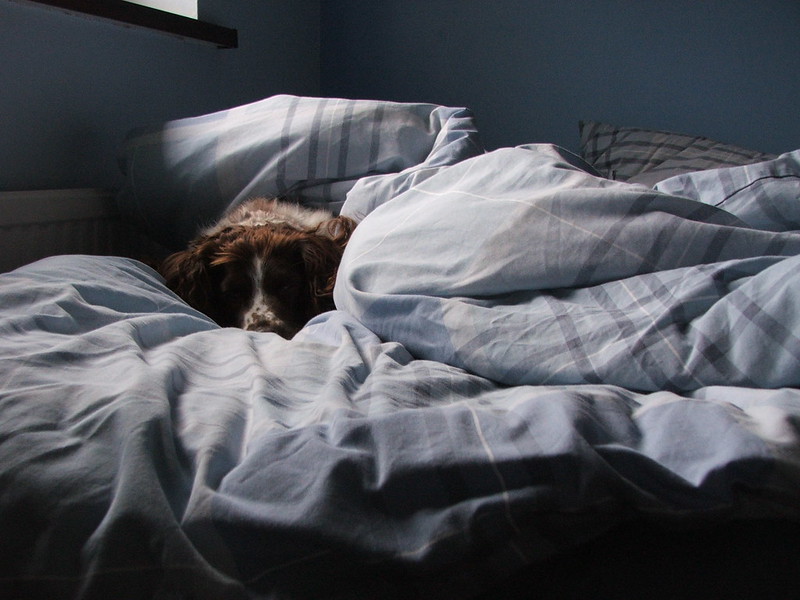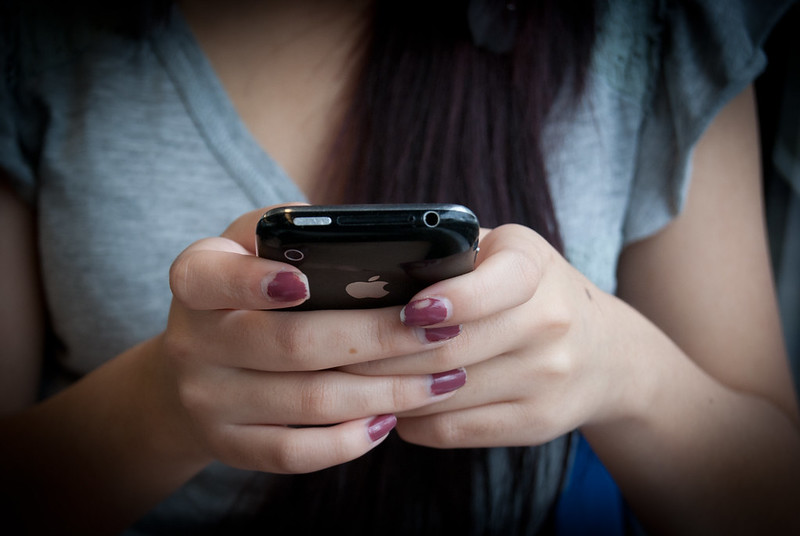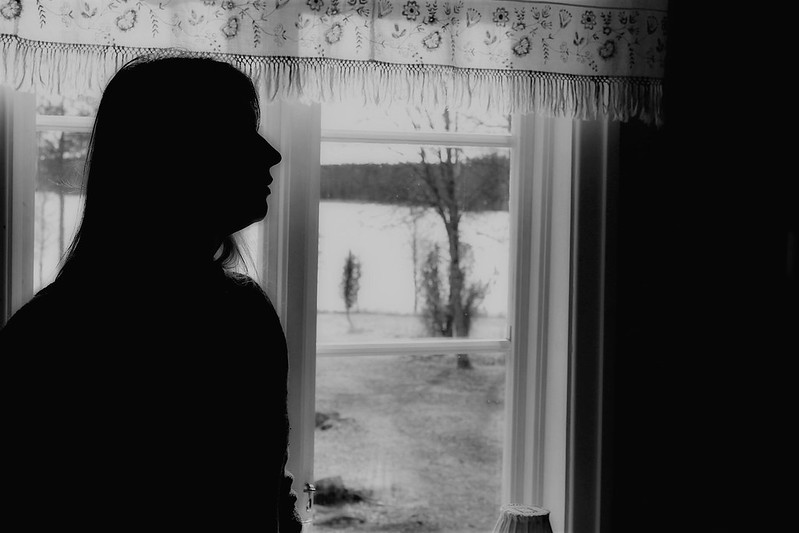Every young American is living in a time that was never expected.
Confined to their homes, only capable of leaving if it is a necessity. Purchasing essentials in bundles and seeing headlines of how infections and deaths are soaring at alarming rates. Because various reports have stated that mass infections are at risk of happening if groups come together, everyone is communicating in the same way – through phones, if not by digital means. It is a time of isolation and stress.
It is encouraging to see celebrities who tested positive for COVID-19 like Tom Hanks state that this will pass. Then, to go on social media and read how some feel this is the end of the world, the fear and stress are capable of surfacing yet again.
Everyone feels some sort of way about the illness that has made its way through many countries. Even with Ohioians in their best interest, Ohio Gov. Mike DeWine and Amy Acton have made frightening statements, such as their early estimate that 100,000 Ohioans are already carrying the virus.

What makes the issue worse is that it is known that Ohio was one of the last states to receive the ability to test for the coronavirus, which means it has been circulating in the community for a while and the amount of infected individuals will grow continuously across many counties.
Something to find relief in, however, is the fact Ohio is one of the states in America that swiftly did a statewide shut down after three confirmed cases. This is unlike states such as Mississippi which entirely rejected the concept of temporarily shutting down its economy.
Even so, from the constant changing numbers of infected people to reading of how health care systems are collapsing and just the idea of being an unknown, potential carrier of COVID-19 has placed many people in positions where they are worried for their loved ones, for their own well-being or both things.
Employees of The Clarion have a variety of thoughts about living during this pandemic.
“I’m not as anxious as I thought I’d be,” Jaclyn Herd said. “Feels more surreal than anything. Like, I can’t believe a pandemic to this extent is actually happening and that we are quarantined to our homes and essentials. It just feels so weird.”
“I’m not feeling so worried for my own self as I am of all my friends and family,” Brian Walker said. “I managed to get myself into a place where I can put life on hold, but I know it’s not the case for everyone. Too many have been waylaid by program requirements that can’t be transferred online, no matter how hard they tried.”
Then, there were those who are anxious about their own well-being.
“I’ve been in hell. I often refuse to talk about my mental illness out of fear of the potential responses and it being used as leverage against me. Growing up in the 2000s I was taught to be quiet about such things,” Leanne McPherson said. “Having OCD with a pandemic is having something you’ve been told your whole life is wrong and bad suddenly be encouraged. The hypervigilance, the constant cleaning. Suddenly it’s not a nuisance, suddenly it’s not foolish.”
“My anxiety hasn’t let up since about the second day and I don’t think it will until we get out of this if we ever do,” Jeri Hensley said. “I have moments, like when I’m talking to friends during DND (Dungeons and Dragons) or when I’m playing games that I can forget outside is a literal hellscape but then I remember and I lose it all over again.”

While social distancing will ultimately be saving many lives, prolonged isolation has previously been stated to have health effects. This is because human beings, at the bottom line, are sociable creatures no matter how introverted you are. For instance, one effect that comes with social distancing during this pandemic is the matter of loneliness, especially if a person may have already lived alone and had a limited social circle.
But, even if someone is cohabiting among their family or loved ones, it is crucial that they be aware of the state of their mental health. Because to take proper care of your mental health is to successfully manage your anxiety during this time. For this, there are four specific things that could be done as a starter.
- Maintaining a routine.
The worst thing that someone could do to themselves during this pandemic is to live their lives day by day without some sort of variation. Which is understandably difficult, since there limited things when confined at home.
But still, variation and pre-planning the week are ways that can keep individuals from entering a depressive state. Although there is a month of the Spring Semester left and homework can feel like a burden, it can be beneficial to view remaining assignments as being part of a personal routine, especially if you favor particular courses you are enrolled in.
Additionally, doing things around your home such as dedicating time to clean behaves as a therapeutic outlet. For instance, an organized bedroom is capable of bringing more of a positive psychological reaction than an unclean room.

Being able to find an area within the home to exercise is beneficial as well. Not just for the sake of self-image but because physical exercise has the ability to reduce depression and anxiety. However, it is important not to exert yourself.
However, the most important thing that can be done for a proper routine, is to sleep at appropriate hours. A variety of sources on the internet will address the matter of how college students suffer from sleep depravity. There are a variety of reasons why a person may feel more awake and productive at night rather than the day – I am one of these people – however, sleep depravity can be very detrimental to one’s health.

Some of the effects that come with it are increased depression, anxiety and paranoia. These three symptoms are the last thing someone needs to suffer from as the COVID-19 pandemic continues on.
Furthermore, maintaining a healthy sleep pattern will allow you to have long days to fill your time as you see fit – which is where homework assignments can perfectly fit into this.

2.) Handle the News Responsibly
Do not seek out each COVID-19 article – at least, not every COVID-19 article that exists. Although it is important to stay informed with occurrences, reading about this situation can be like a double-edged sword. Initially, one may be reading about cases in Ohio, this is then followed by looking up the new occurrences in Italy and finally at one point or another the reader is then clicking on articles that theorize predictions about the future and aftermath of this.
If you are a sensitive reader when it comes to COVID-19, it may be wise to just stay aware of Gov. DeWine’s daily conferences and focus on Ohio. However, if you want to know about what is occurring globally, seek out only reliable news outlets. There are many theories and inaccurate stories published across the internet about the disease that intend to invoke personal feelings.
It is also a good tactic to read stories of those who recovered from COVID-19 because, although it is more deadly than the flu and there is no vaccine that is yet available, there are many infected individuals who recovered back to their healthy state.

3.) Talk to Your Friends. Support Your Friends.
A benefit that comes with living in this era is that modern society possesses a vast amount of ways to communicate. Available options we have for long-distance communication are phone calls, texts, or even Facetiming. Although it is not encouraged to see loved ones in person, a long-distance friend is still a friend and the interactions that come are not any less real.
It is important to maintain contact – expressing shared fears while also remaining optimistic and supportive. Bonding together through apps such as Netflix Party.
This is not the first pandemic the world has endured – it is simply just the first major one young Americans are facing. So, until this is over, listen to Gov. DeWine, stay home unless you are making necessary trips and wash your hands.
Ayzha Middlebrooks
Associate Editor


